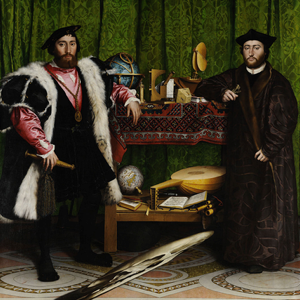Dr. Susan Longfield Karr
We live in a world increasingly dominated by science and technology and we often assume that each can provide us with objective principles to understand, dominate, and manipulate the physical and social world to serve our short-term interests and our long-term needs.
In the process, we often ignore or dismiss the humanities as irrelevant. In so doing, we forget that there was a time when all the foundations of modern science, experiments, hypotheses, mathematics, and scientific instruments were considered radical, unreliable, and unjustified if they were not grounded in or related to the humanities.
This course will examine the shared origins of the sciences and the humanities by exploring how the achievements of the Scientific Revolution were interdependent on the contemporary context of society, politics, religion, printing, and art.
We will discuss why so-called ‘modern’ science appeared in Early Modern Europe, how it impacted the idea of society, and how and why science and technology–as fundamentally human enterprises–trace many of their roots, their most important innovations, and ultimately their overall significance to the advent and innovations of the Renaissance-East & West.
All 4000-level courses must culminate in a significant historical research paper (at least 12 pages, no more than 15 pages), including primary and secondary sources. Assignments leading to the final product must include a primary source analysis and either an annotated research bibliography or a historiographical essay.
Prerequisite: To take this course, students must earn a C or higher in Hist3000
